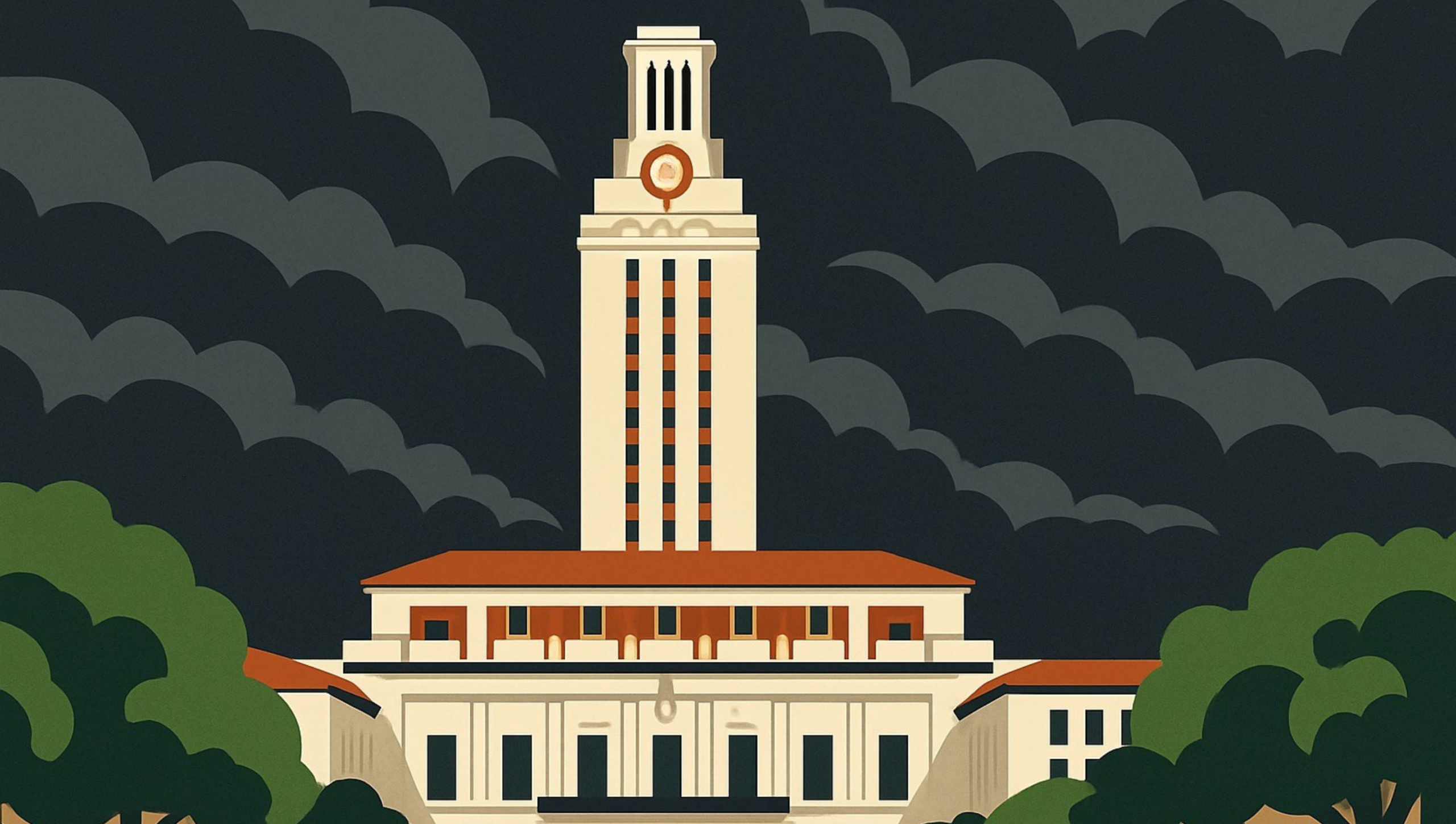On Monday, the University of Houston’s Hobby School of Public Affairs released a report that seems to show a majority support for the policy of school choice.
In the wake of government school reaction to the pandemic and in many cases poor outcomes for students as a result, on top of a groundswell of angst from parents in reaction to the quality of the curriculum, more and more Texans are seeking alternative education for their children.
Bottom Line Up Front
Notably, one of the major objections raised by both lawmakers and opponents to the policy is a lack of support from rural communities in Texas. This polling seems to suggest the opposite.
Among the findings from the polling was that “61% of Texans support (and 39% oppose) a policy which would provide low-income Texas parents with tax-funded vouchers that they can use to help pay for their children to attend private or religious schools of their choice.” Of those, “64% of Texans living in large urban counties, 59% living in rural counties, and 56% living in suburban counties support vouchers for low-income Texans.”
When asked about broadening who a school choice policy would apply to, the results were equally fascinating, as “53% of Texans support (and 47% oppose) a policy which would provide tax-funded vouchers for all parents in Texas, which they can use to help pay for their children to attend private or religious schools of their choice.” In this scenario, “62% of Texans living in rural counties, 53% living in suburban counties, and 50% living in urban counties support vouchers for all Texans.”
Is there really an appetite for school choice in Texas? Among everyday Texans, it appears the answer is yes. Among their state lawmakers, that answer is less clear.
Legislative Appetite
Thus far, Texas Governor Greg Abbott and Lieutenant Governor Dan Patrick have been very vocal about their support for the policy, but they have not pointed to any specific proposal they would support in the ongoing legislative session. Also, their support is not necessarily anything new. Previous legislative efforts have been stifled in the Texas House of Representatives; notably absent this cycle is the voice of Texas House Speaker Dade Phelan on the subject.
Both legislative chambers boast a Republican majority (and have done so for two decades). The Republican Party of Texas also includes “Parental Rights and Educational Freedom” as one of its top eight legislative priorities for the legislative session. The party had also included “School Choice for All” as one of its legislative priorities in the last legislative session. The specific legislative priority reads as follows:
“Parents are the primary decision makers for their children in all matters. This authority shall be protected as an inalienable right. This shall include the choice of schooling where the money follows the child without strings attached, and enforcement and penalty mechanisms when parents’ rights are violated. The right to education shall be free from any social theories.”
Republican Party of Texas, Legislative Priorities for the 88th Session
In contrast, Democrat lawmakers hold the minority in both legislative chambers, and their party’s platform reads as follows:
“Prohibit misnamed “school choice” schemes, such as the use of vouchers, including special education vouchers, virtual schools used as virtual vouchers, or voucher equivalent tax credit schemes that seek to support private and sectarian schools.”
Texas Democratic Party, 2022-2024 Platform
From a purely partisan perspective, a supporter of school choice policies would think it would be as close to a “sure thing” as one could hope for. The reality, however, is anything but.
In the last legislative session (2021), the sole vote to take place on the issue of school choice actually took place in the House as they deliberated the state budget for the current biennium. An amendment authored by Democrat State Rep. Abel Herrero (Robstown) sought to ensure that no taxpayer dollars would “be used to pay for or support a school voucher, education savings account, or tax credit scholarship program or a similar program through which a child may use state money for nonpublic primary or secondary education.” That amendment was adopted by a vote of 115 in favor and 29 in opposition. Fifty Republican House lawmakers voted against school choice.
In 2017, during the 85th Legislative Session, former Republican State Sen. Larry Taylor (Friendswood) filed legislation seeking to create Education Savings Accounts (ESAs), where parents could use funds to pay for tuition at a private school or any other expenses related to their own child’s education. The bill passed the Texas Senate but never saw the light of day in the Texas House Public Education Committee, ending its legislative prospects.
Both Abbott and Patrick have discussed empowering parents with school choice in this session. Thus far, they have not specifically pointed to any particular effort. It is possible that Abbott will make the issue an emergency item as a part of his impending state of the state address, potentially bolstering lawmaker support for the policy.
What Is Next?
The 88th Legislative Session is underway. Concerned taxpayers can contact their lawmakers.
Lawmakers have until Friday, March 10, to file legislation for potential consideration during the session. The session ends on Monday, May 29.




